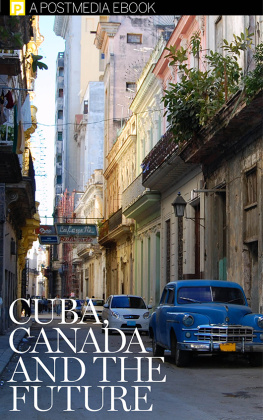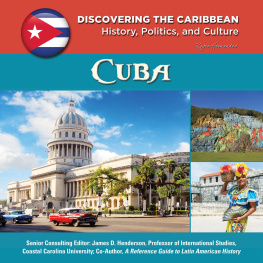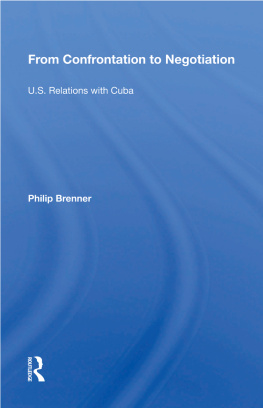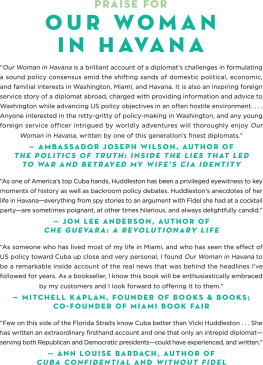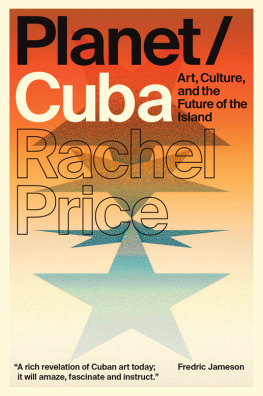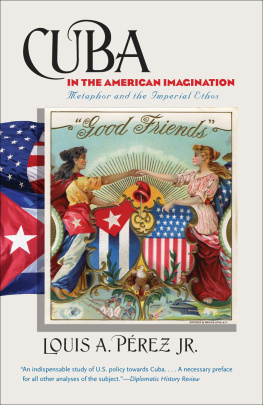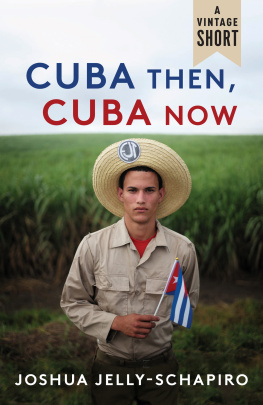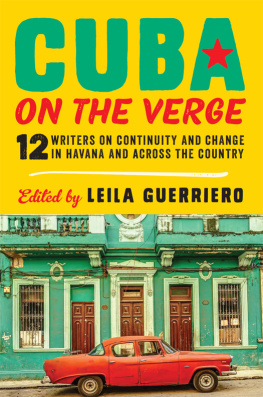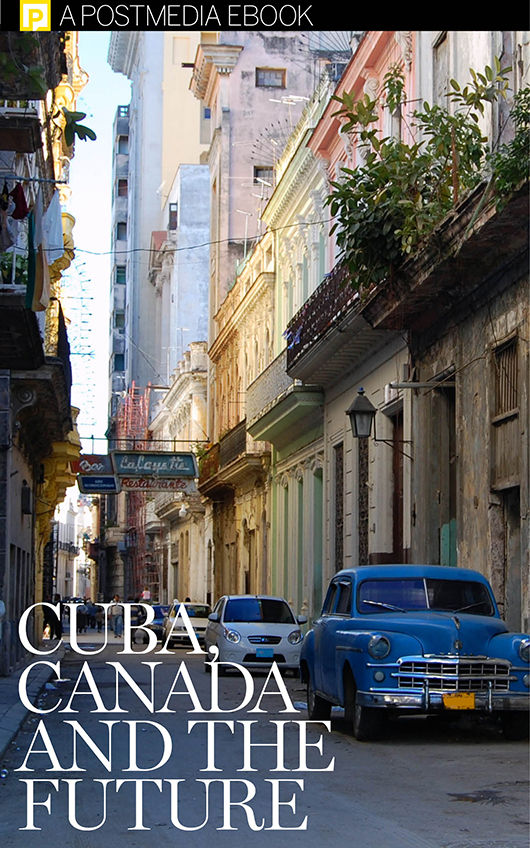U.S. reopens ties with Cuba, thanks Canada for hosting negotiations
William Marsden, Calgary Herald
Dec. 18, 2014
Ending more than five decades of, at times, terrifying Cold War politics, the United States has announced steps to establish an embassy in Cuba and open negotiations to normalize relations with the struggling Communist country.
U.S. President Barack Obama made the announcement Wednesday and thanked Canada for being host of the negotiations that broke the decades-long impasse between the two adversaries.
White House officials said that while Canada helped bring both parties together and was host of a series of meetings beginning in June 2013, Canadian diplomats did not participate in the talks.
White House press secretary Josh Earnest said that at the request of the Americans, Canada, on a number of occasions, hosted private conversations between senior members of the American delegation and senior members of the Cuban delegation.
He said the conversations took place in Ottawa.
I wish to congratulate the government of the United States and the government of Cuba on their successful dialogue and negotiations which will lead to normalized relations between their two countries, Prime Minister Stephen Harper said in a statement.
Obama also thanked Pope Francis for the Vaticans close involvement in the historic negotiations.
The Vatican said in a statement that it wrote letters to Obama and Cuban leader Ral Castro urging them to normalize relations. The letters kicked off negotiations, some of which were held at the Vatican in October. They directly involved Vatican officials and resulted in solutions acceptable to both parties. When Obama revealed to Americans his new Cuban policy at noon Wednesday, church bells throughout Cuba tolled.
In announcing this sudden reopening of diplomatic relations with a country at the eye of the missile crisis that in 1962 brought the world within a hairs breadth of nuclear war, Obama admitted that U.S. policy toward Cuba has been a failure.
Decades of a U.S. trade embargo and a policy of total isolation have failed to accomplish our enduring objective of promoting the emergence of a democratic, prosperous and stable Cuba, he said.
No other nation joins us in imposing these sanctions and it has little effect beyond providing the Cuban government with a rationale for restrictions on its people. Cuba is still governed by the Castros and the Communist Party that came to power half a century ago, Obama said. Neither America nor the Cuban people are well served by a rigid policy thats rooted in events that took place before most of us were born.
The announcement came after Cuba released prisoner Alan Gross, 65, an American subcontractor for U.S. Aid who was arrested in 2009 for trying to bring satellite phones to Cuba. Cuba claimed he was a spy and sentenced him to 15 years in prison.
Gross flew back to the U.S. on Wednesday morning. His release, Obama said, opened the door for improved relations.
Cuba also released a little-known U.S. intelligence agent who, Obama said, uncovered a Cuban spy ring as well as other spies operating in the U.S. In response, the U.S. released three of five spies who were part of that espionage network. They had been spying on the Cuban community and U.S. military bases.
In contrast to Canadas policy of continued diplomatic and commercial relations that has helped maintain a warm but guarded friendship particularly during the Pierre Trudeau years, the U.S. policy has been to drive Cuba into economic collapse.
Obama called on congress to engage in an honest and serious debate lifting the embargo.
In the meantime, he has issued an executive order allowing limited exports to Cuba of certain building materials for private residential construction, private sector goods and agricultural equipment for small farmers.
Secret meetings in Ottawa led to diplomatic breakthrough
Lee Berthiaume, Ottawa Citizen
Dec. 18 2014
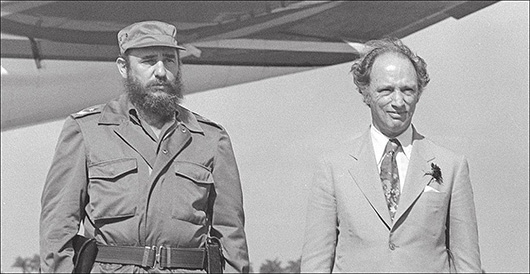
Pierre Trudeau and Fidel Castro, during the PMs visit to Havana in 1976.
Rod Macivor, Ottawa Citizen Files
Canadas longstanding friendship with both the U.S. and Cuba was at the forefront Wednesday as the two longtime foes announced a historic diplomatic breakthrough that promises to end more than a half-century of hostilities.
In separate speeches, U.S. President Barack Obama and his Cuban counterpart, Ral Castro, thanked Canada as well as the Vatican for hosting secret talks between the two countries, which have been at odds since the 1960s.
The talks were held after the U.S. and Cuba approached Canada seeking help in hosting the discussions last year, a senior Canadian government official said. Canada facilitated seven meetings in Ottawa and Toronto over the past 18 months, he added.
U.S. National Security Council spokeswoman Bernadette Meehan described Canadas support as well as its discretion as instrumental to the success of the talks.
In a year-end interview with the CBC on Wednesday, Harper said he didnt want to exaggerate Canadas role in the secret talks, and that Canadian officials did not actually participate in any discussions.
We facilitated places where the two countries could have a dialogue and explore ways of normalizing the relationship, Harper said.
We were just trying to make sure that they had the opportunity to have the kind of dialogue they needed to have.
Harper described the thawing of relations between the U.S. and Cuba as probably an overdue development, which he believed would help bring about economic and political change on the island nation.
News of Canadas role in facilitating the secret talks was met with largely positive reviews from opposition parties, who have previously criticized what they see as the Conservative governments strident approach to diplomacy.
I thank our Canadian diplomats for their hard work on this file, NDP foreign affairs critic Paul Dewar said in a statement. This is what diplomacy looks like, and Canada is very good at it. Today is a great day for those who believe in engagement as the most effective tool of diplomacy.
Liberal leader Justin Trudeau described the re-establishment of ties between the U.S. and Cuba as a very good piece of news, and said he is looking forward to Canada continuing to play a positive role in bringing together those two countries.
But Canada might not have had any role at all if it werent for its unique relationship with the two adversaries, particularly Cuba.
The U.S. and most other countries in the western hemisphere severed diplomatic ties with the island nation following the Cuban Revolution in 1959, in which Fidel Castro seized power, nationalized the countrys industries and cemented relations with the Soviet Union. The U.S. also launched a trade embargo against Cuba, which lies about 150 kilometres south of Florida.
In contrast, Canada and Mexico were the only two countries in the hemisphere to maintain ties with Cuba following the revolution. Diplomatic relations warmed significantly when Pierre Trudeau visited the island in 1970, during which he developed a friendship with Fidel Castro.

